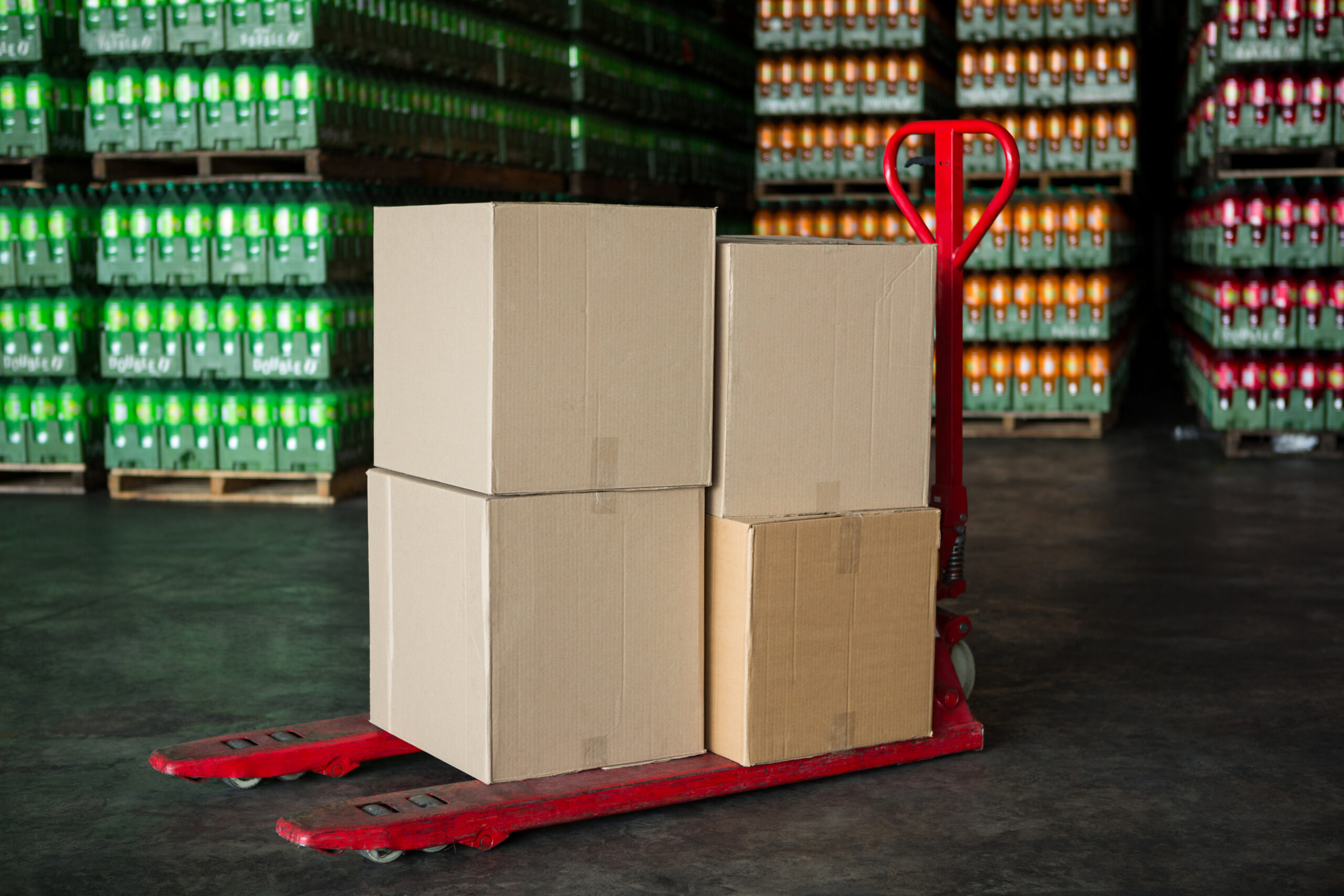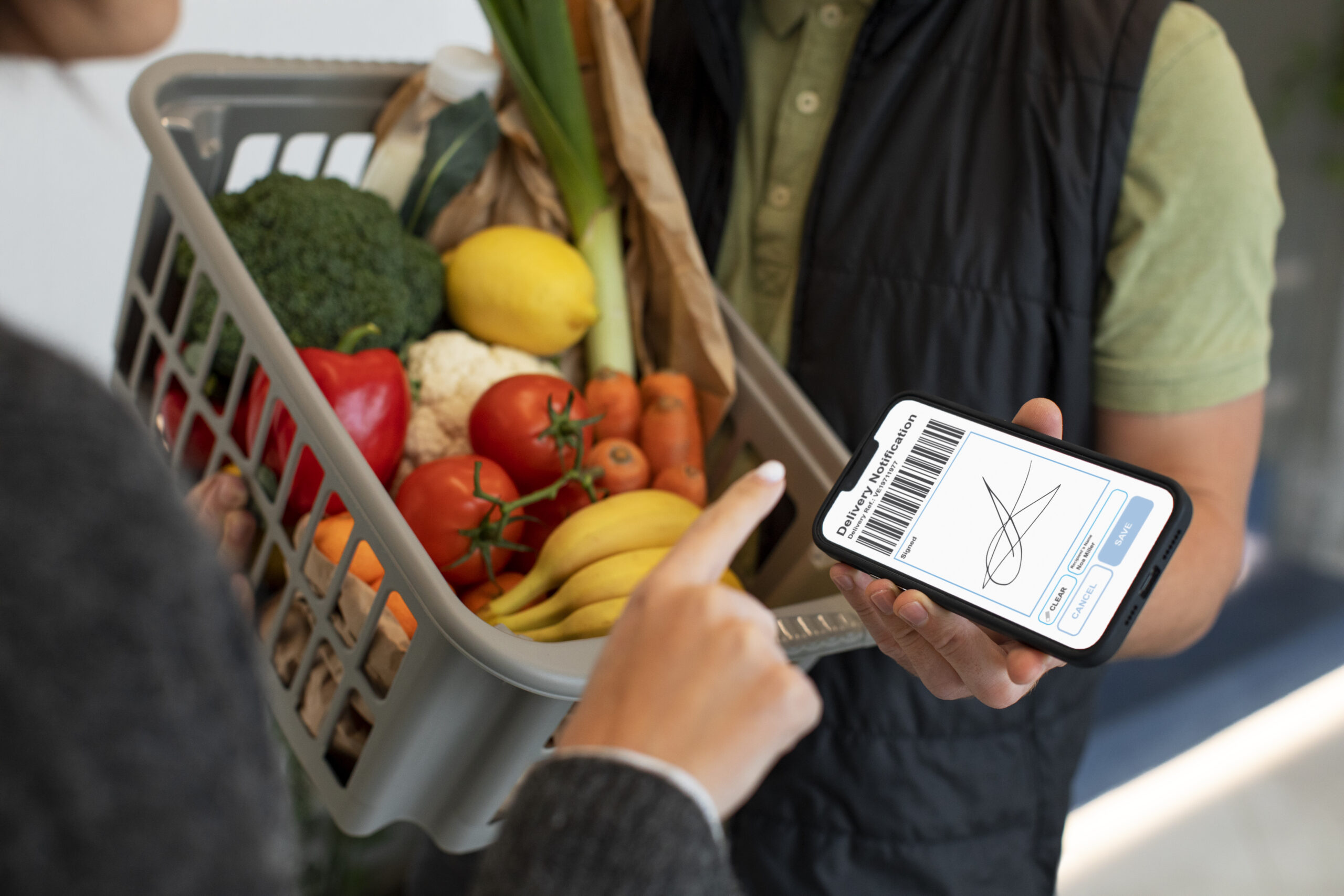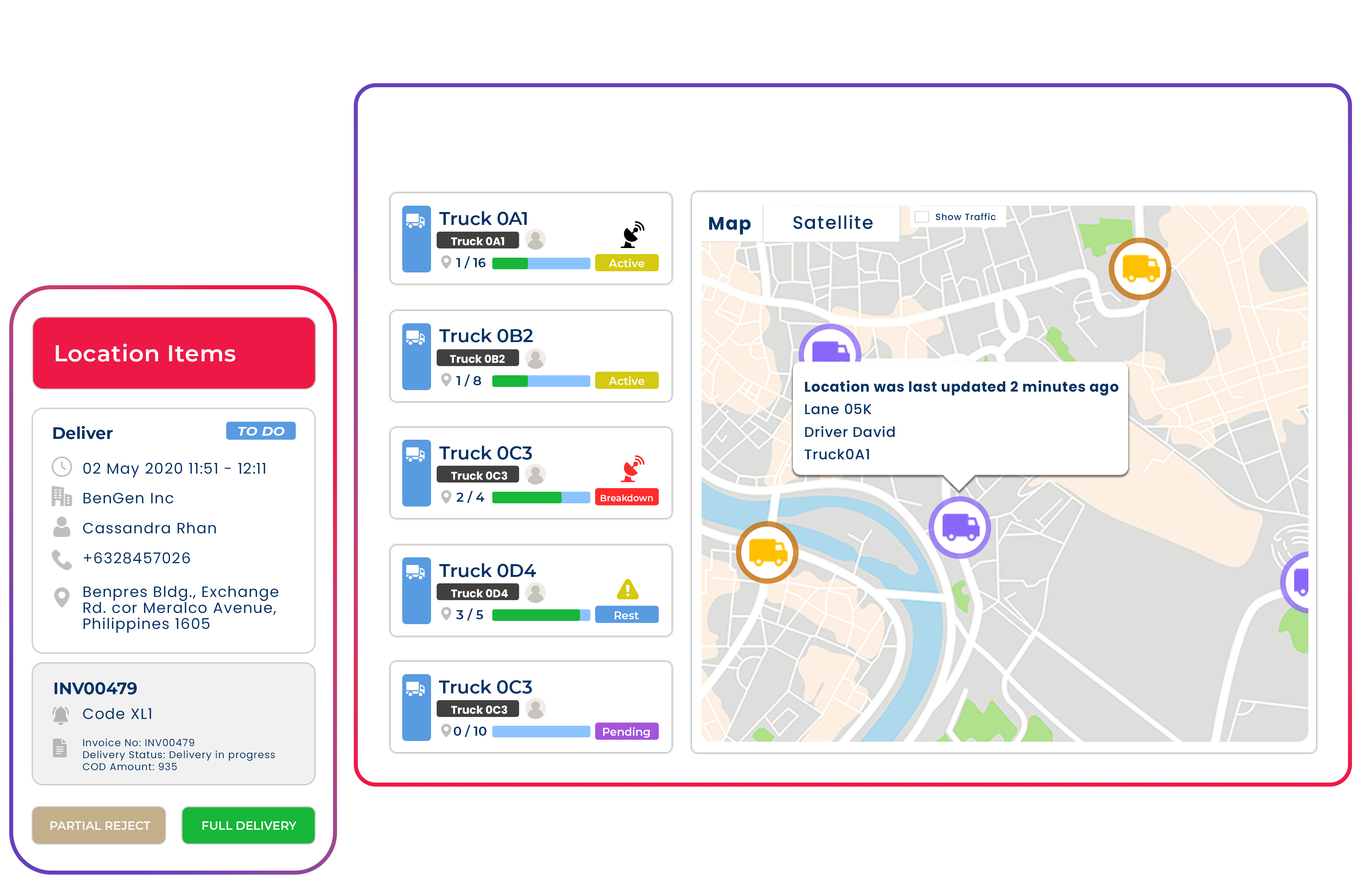The F&B Industry
The food and beverage (F&B) industry plays a pivotal role in the global economy, touching virtually every part of the world. Encompassing everything from agriculture and food production to processing, distribution, and retail, this sector is vital for feeding billions of people. It directly impacts global trade, employment, and sustainable development.
As populations grow and consumer demands shift towards healthier, more convenient, and sustainable food options, the industry must continuously innovate to meet these demands. Logistics is at the heart of this supply chain, ensuring that products reach their destinations quickly, efficiently, and safely. Without a robust logistics framework, perishable goods could spoil, leading to financial losses, food waste, and even disruptions in food security. The role of logistics in ensuring that food is fresh, safe, and available is essential in meeting consumer expectations and maintaining a healthy food system.

The Logistics
Logistics plays an essential role in the food and beverage industry, ensuring that perishable products reach their destinations on time and in optimal condition. This industry relies heavily on timely and efficient transportation of goods, as delays can lead to spoilage and loss of product quality. Whether transporting fresh produce, frozen goods, or beverages, precise control over the supply chain is crucial for success.
Moreover, the rise of e-commerce and home delivery services has further complicated logistics in the F&B sector, requiring sophisticated systems for managing delivery routes, monitoring real-time conditions, and responding proactively to disruptions. Efficient logistics is not just about moving goods from point A to point B; it’s about optimizing every step of the process to ensure freshness, minimize costs, and reduce waste.

Transport Management System (TMS)
A Transport Management System (TMS) is a software platform designed to manage, plan, and optimize the transportation of goods. In the context of the food and beverage industry, TMS helps streamline logistics processes, offering solutions to the various challenges faced in delivering perishable products efficiently.
TMS integrates functions such as route planning, fleet management, live tracking, and even third-party logistics (3PL) coordination into a single unified platform. By doing so, it ensures that food and beverage companies have complete visibility over their supply chains, can proactively respond to delays or disruptions, and have real-time data to optimize operations.
A TMS not only enhances the efficiency of the logistics chain but also reduces operational costs by selecting the most efficient routes, scheduling deliveries to avoid traffic, and ensuring goods are transported under proper conditions.
Lack of Coordination in Large, Complex Distribution Networks: Coordinating across multiple distribution centers and third-party logistics (3PL) partners can lead to communication gaps, inefficiencies, and mismanagement. Zyllem provides a unified digital platform where all stakeholders, including 3PL partners, can access and collaborate. This centralized system improves communication, ensures smoother operations, and reduces errors caused by fragmented coordination, improving overall supply chain efficiency.
Delays Due to Traffic and Route Inefficiencies: Traffic and road delays can lead to spoilage and missed delivery windows, especially for time-sensitive goods. Zyllem’s Dynamic Route Planning utilizes real-time data to optimize delivery routes, accounting for traffic, road conditions, and time constraints. This proactive approach ensures the fastest and most efficient delivery, minimizing the impact of delays on perishable goods.
Maintaining Freshness of Perishable Goods: Delivering fresh food and beverages requires precise temperature control and timely deliveries. Zyllem’s solution offers live tracking and driver monitoring, allowing companies to monitor the location and condition of perishable goods at every stage. This ensures products reach their destination quickly, maintaining their freshness and quality while reducing spoilage.
Common Challenges vs. ZYLLEM

Case Study
Two of the biggest food and beverage companies in the Philippines have chosen Zyllem as their logistics platform. These companies were struggling with fragmented distribution networks, a lack of real-time visibility, and the challenges of optimizing delivery routes for perishable goods. Additionally, they needed to digitize paperwork to reduce fraud and avoid losing important documents.
Zyllem’s transport management system provided the perfect solution. By implementing live tracking, these companies were able to monitor the movement of goods in real-time, ensuring products were delivered fresh. Dynamic route planning allowed them to pick the optimal routes, avoiding traffic and meeting delivery windows. Furthermore, Zyllem’s unified platform enabled seamless coordination with their 3PL partners, streamlining the entire distribution process. The digitization of paperwork not only improved efficiency but also reduced the risk of fraud, ensuring transparency and traceability throughout the logistics chain.
This case study demonstrates the effectiveness of Zyllem’s transport management solution in the food and beverage industry, offering significant improvements in efficiency, visibility, and cost savings.








